Do I Have a Crush Quiz: Love or Illusion?

When your heart starts beating faster at the sight of a certain person, and your thoughts continuously return to the same face – it can be confusing. “What’s happening to me? Is this just friendly affection or something more?” – these questions trouble the minds of millions of people daily. That’s why we created the “Do I Have a Crush?” quiz, which will help you understand your feelings, determine their nature and depth. Let’s dive into the world of emotions, the psychology of infatuation, and learn to recognize the subtle signals that our own hearts send us.
What is a “Crush”?
A “crush” is something between fleeting attraction and all-consuming infatuation. It’s a state when someone evokes genuine interest, admiration, and excitement in you, but the relationship hasn’t yet transitioned to a stage of deep emotional attachment or love.
Interestingly, the etymology of the word “crush” is connected to the sensation of being “compressed” – as if something is squeezing your heart or taking your breath away when you meet the object of your attraction. This is an involuntary physiological reaction that is difficult to control and even harder to hide from others.
Who Is This Quiz For?
Our “Do I Have a Crush?” quiz is created for a wide range of people, regardless of age, gender, or past relationship experience:
- Teenagers and young adults experiencing their first romantic attractions and trying to understand a new spectrum of emotions
- People after breakups who feel attraction to someone new but aren’t sure if they’re ready for a new relationship
- Those in friendships who suspect their feelings might be deeper than just friendship
- People in long-term relationships who experience unexpected attraction to someone else and want to understand the nature of these feelings
The quiz will help not only determine the presence of a crush but also assess its intensity, which can be the first step toward conscious decisions regarding your emotions and actions.
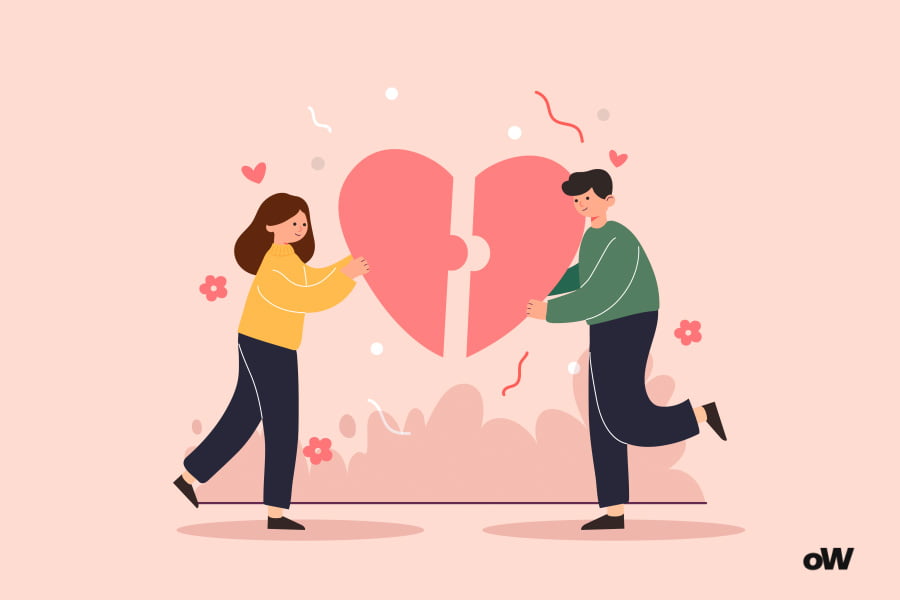
Signs of Having a Crush That We Relied on When Creating the Quiz Questions
When creating our quiz, we studied numerous scientific researches on the psychology of romantic attachment. Having a crush manifests through a whole complex of physiological, behavioral, and cognitive signs that are quite difficult to imitate or hide, as many of them occur at a subconscious level.
Physiological Reactions
Having a crush is not only an emotional but also a physiological state. Our body reacts to the object of attraction by releasing hormones, which leads to characteristic signs:
- Increased heartbeat when meeting or even thinking about this person
- Sudden clumsiness or loss of coordination in the presence of your crush
- “Butterflies in the stomach” – a specific feeling of excitement and trepidation
- Redness of face, neck, ears without objective reasons
- Increased sweating, trembling hands, changes in voice timbre
Behavioral Indicators
How we act often says much more about our feelings than words:
- Constant desire to be nearby or initiate “accidental” meetings
- Increased attention to your own appearance before a meeting
- Desire to remember the smallest details from conversations with your crush
- Excessive activity on the person’s social media – likes, comments, studying old posts
- Changing your own interests or opinions to appear more attractive in the eyes of the other person
Cognitive Manifestations
Having a crush significantly affects how our brain works:
- Obsessive thoughts about the object of attraction that are difficult to control
- Idealization of the person, diminishing or ignoring their flaws
- Frequent fantasies about possible scenarios for relationship development
- Heightened sensitivity to any signals of reciprocity
- Difficulties concentrating on everyday tasks
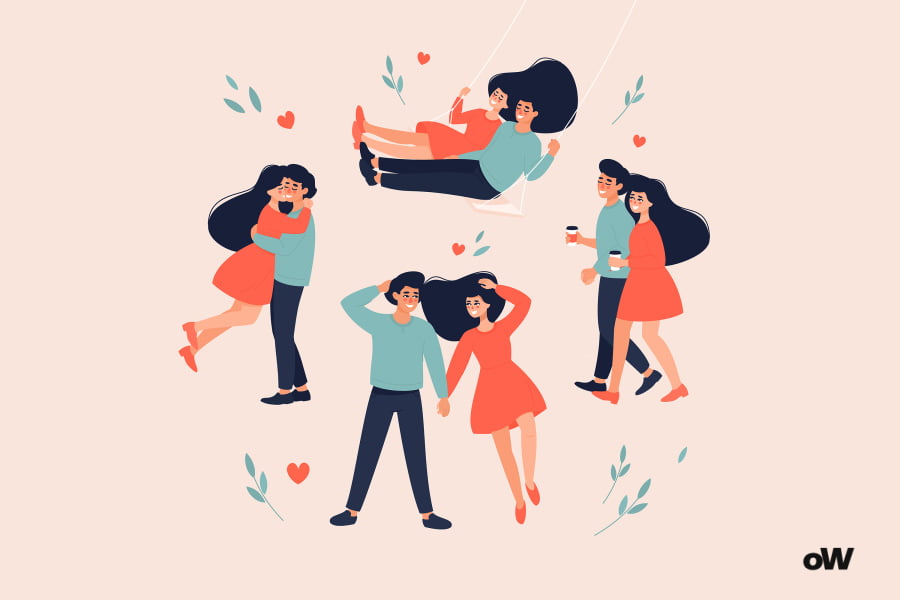
Types of Crushes
Crushes are not homogeneous and can manifest differently in different people. Our quiz takes into account various types of romantic attachment, as understanding your type of crush helps to better realize your own expectations from relationships and choose the right behavioral strategy.
Platonic Crush
The most “pure” form of infatuation, not including sexual attraction. It is characterized by deep emotional admiration for another person’s personality, their qualities, views, and achievements. A platonic crush can last for years without transitioning to physical intimacy.
Romantic Crush
The classic type of crush, including both emotional and physical attraction. It is accompanied by a desire to build a relationship, striving for reciprocity, and vivid romantic experiences. This is the type most often celebrated in poetry, music, and cinema.
Passionate Crush
Characterized by intense physical attraction that overshadows other aspects of interaction. Often accompanied by strong jealousy, possessive feelings, and emotional “roller coasters.” This type of crush is usually intense but relatively short-lived.
Idealization Crush
Occurs when a person falls for not so much the real person as the image they’ve created for themselves. Often found in crushes on celebrities, teachers, leaders, when we see only part of the personality and build the rest in our imagination.
The Difference Between a Crush and Love
Although crush and love are often used as synonyms, psychologists clearly distinguish between these states:
Crush:
- Appears rapidly, often at first sight or first significant meeting
- Focuses on the positive qualities of a person, ignoring flaws
- Often accompanied by idealization of the object of feelings
- Characterized by intense but unstable emotions
- Can pass as suddenly as it began
Love:
- Develops gradually, based on deep knowledge and understanding of a person
- Accepts both the flaws and virtues of the other
- Based on a realistic perception of the partner
- Stable and independent of momentary circumstances
- Includes readiness for compromises and sacrifices for the good of the other
Our “Do I Have a Crush?” quiz will help you determine whether you are at the stage of a crush or if your feelings have already grown into something deeper and more substantial. Remember that understanding your emotions is the first step to healthy and happy relationships, whether with yourself or with another person.
Questions Overview
- Your heart races and you immediately check your appearance
- You smile and feel a pleasant surprise
- You wave casually and continue what you were doing
- You feel nervous but can't explain why
- Multiple times daily, including scrolling through old posts
- Occasionally, more than you check other friends' profiles
- Only when they post something new, just like with other friends
- You sometimes find yourself on their profile without remembering why you went there
- A sharp pang of jealousy and disappointment
- Slightly bothered but you try to be supportive
- Genuinely happy for them and eager to hear more
- Confused about why you feel somewhat upset by this
- Feel devastated and spend hours wondering if you did something wrong
- Feel disappointed but understand things happen
- Easily reschedule and use the free time for something else
- Feel bothered but question if you're overreacting
- Try on multiple outfits and ask for opinions to look your absolute best
- Put in a bit more effort than usual but don't stress too much
- Wear whatever you'd normally wear for any social activity
- Spend time getting ready but then question if you're trying too hard
- Strong agreement and secret hope they'll say it again when your crush is present
- A mix of embarrassment and pleasure at the thought
- Laughter and dismissal because it seems ridiculous
- Uncertainty and wondering if others see something you haven't acknowledged
- You're captivated and can't stop thinking about how good they look
- You notice it looks nice and make sure to compliment them
- You might notice but don't feel particularly affected by it
- You're surprised by how much you're noticing their appearance lately
- A romantic scenario that leaves you flustered the next day
- Ambiguous situations where you're together but not explicitly romantic
- Normal, platonic interactions similar to your real-life relationship
- Confusing scenarios that leave you wondering about your feelings
- Always seeking their reaction first and feeling validated when they laugh
- Often looking to them for response but also caring about the group's reaction
- Engaging equally with everyone in the group
- Unconsciously focusing on them and then wondering why
- Drop everything to respond immediately with a racing heart
- Feel a pleasant spike of excitement before responding
- Respond when convenient, like with any other message
- Feel a strange mix of excitement and anxiety you can't explain
- Cancel all potential plans without hesitation and be secretly happy they asked
- Likely help them out and feel good about being there for them
- Help if you can, just as you would for any close friend
- Help them but question why you're so eager to sacrifice your time
- Get flustered and overly defensive about being 'just friends'
- Feel a slight flush but can explain your friendship normally
- Describe them as you would any other friend, without any awkwardness
- Find yourself giving confusing or contradictory explanations
- Spend weeks planning something deeply personal that will impress them
- Put thoughtful consideration into finding something they'll genuinely appreciate
- Get them something appropriate for your friendship level
- Overthink the choice, worried about sending the wrong message
- Feel genuinely heartbroken and struggle to hide your disappointment
- Feel a twinge of disappointment but sincerely wish them happiness
- Be happy for them and curious to meet their new partner
- Feel unexpectedly bothered and confused by your reaction
- Can't stop smiling and mentioning their name comes up in unrelated conversations
- Speak more animatedly than you do about most people
- Talk about them the same way you discuss other friends
- Sometimes catch yourself talking about them too much and then get self-conscious
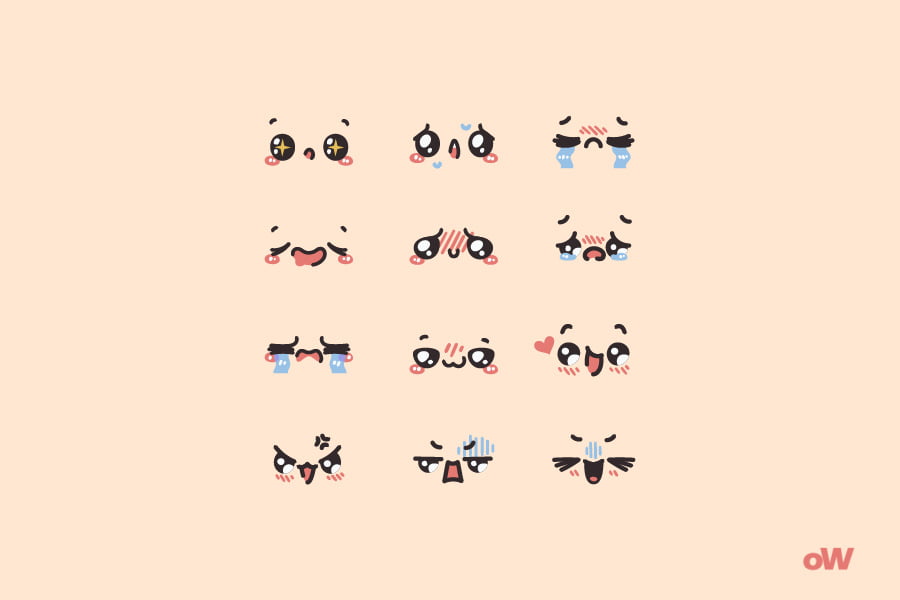



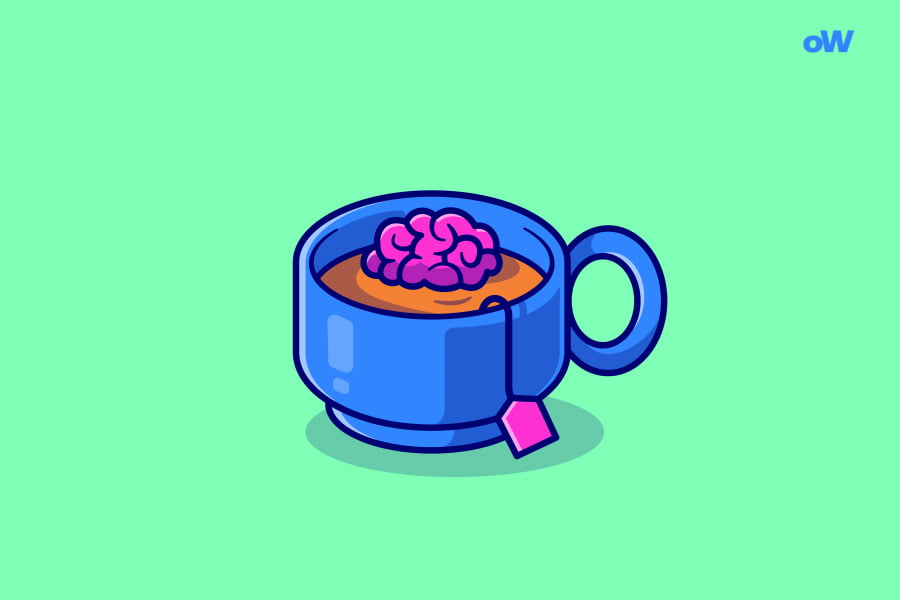
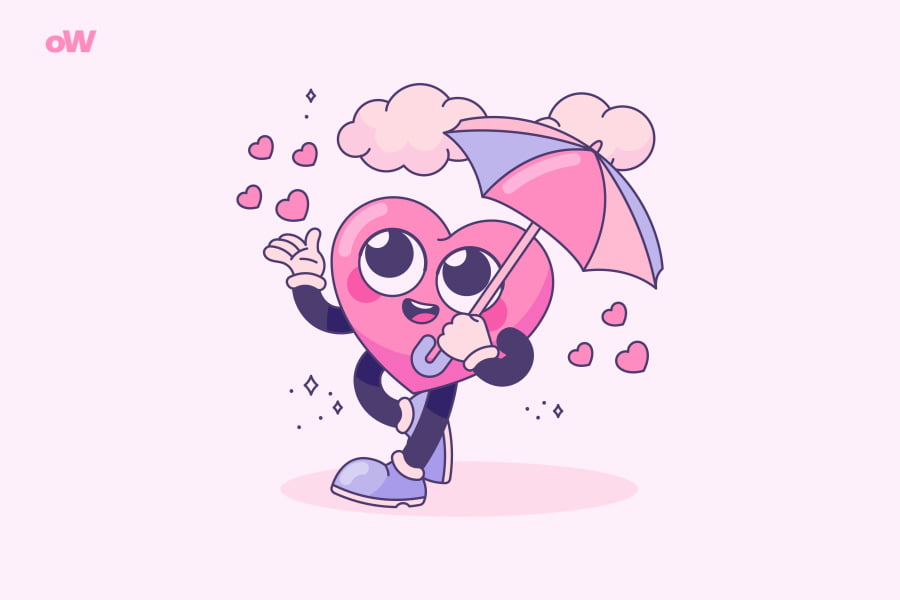

What if you or they don’t have a phone or social media
Idk if i sold trust it